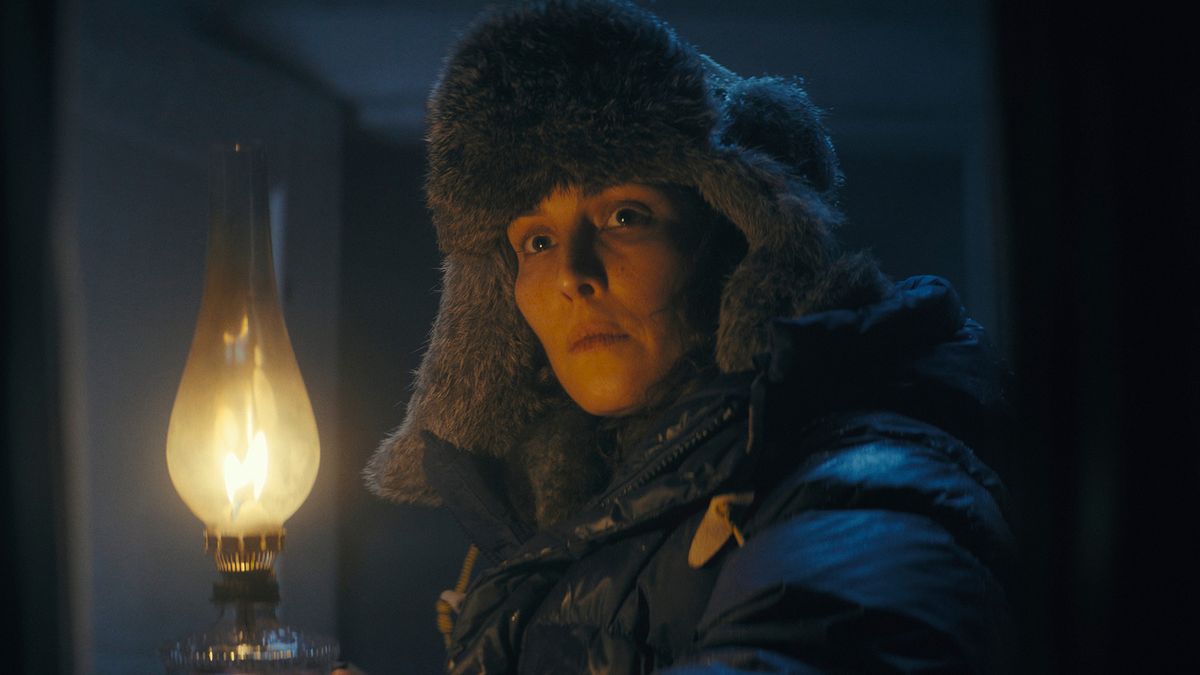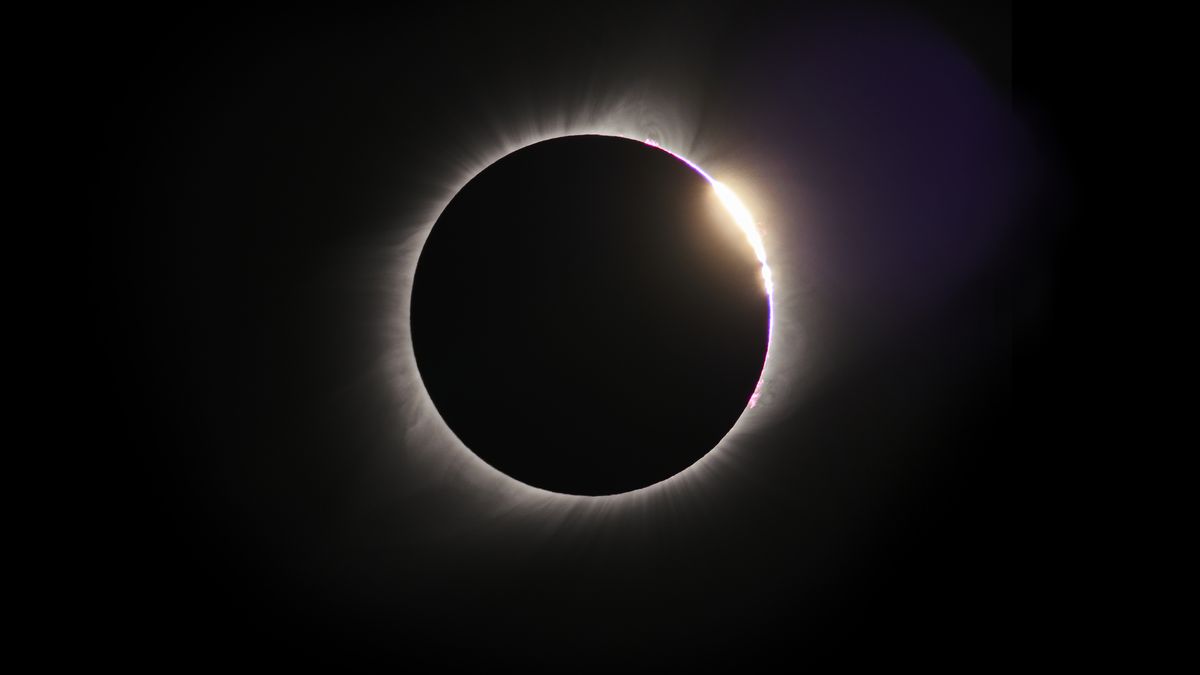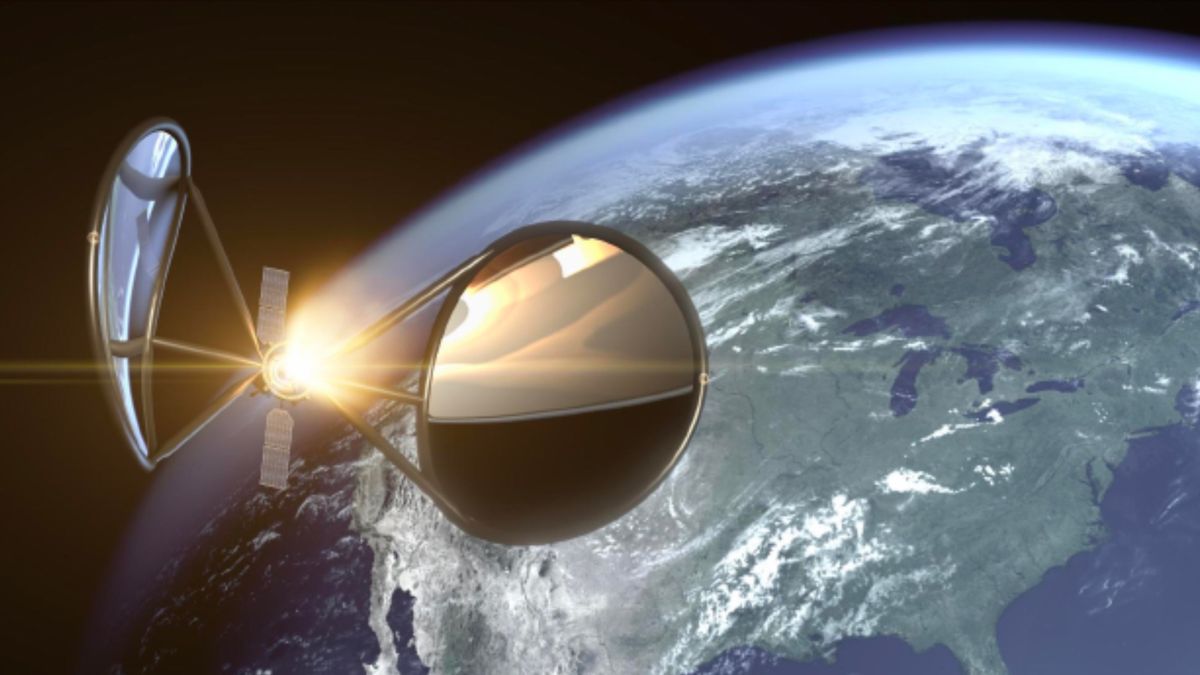As we approach the final stages of the inaugural season of “Constellation” (with uncertainty looming over the prospect of future seasons), questions arise regarding the justification of eight episodes. While episode 7 meanders in circles for the majority of its duration, moments of emotional depth, commendable acting, and innovative visual techniques uphold this installment.
Under the direction of Joseph Cedar (“Our Boys”), the episode titled ‘Through the Looking Glass’ showcases his proficiency in orchestrating ‘show, don’t tell’ sequences that might have faltered in less capable hands. Despite the lack of playfulness in the script, Cedar’s directorial prowess shines through.
From the outset, it was evident that “Constellation” struggled to furnish material for a full-length eight-episode season, a sentiment that still rings true as we approach the final installment. The series relies heavily on the strength of its cast, production values, and visual ingenuity to uphold its narrative.
“Constellation” is part of a myriad of new science fiction offerings in 2024, alongside the conclusion of Halo’s second season, the hyped release of Dune: Part Two, and the intriguing Adam Sandler-led space adventure, Spaceman on Netflix.
Plot Analysis of “Constellation” Season 1 Episode 7: ‘Through the Looking Glass’
In this episode, Alice, portrayed by Rosie and Davina Coleman, emerges as a central figure in deciphering the emotional complexities at the heart of the series, specifically Jo’s (Noomi Rapace) struggle to reconcile her past reality with the present one. The interplay between science fiction and intimate drama forms a captivating narrative strand.
The episode delves deeper into the emotional aftermath of the characters, particularly Jo, Alice, Magnus (James D’Arcy), and Henry/Bud Caldera (Jonathan Banks), as they grapple with the repercussions of a space-related accident and strive to navigate the altered landscape of their lives.
Throughout the episode, poignant interactions take precedence over the intricate sci-fi elements, highlighting the characters’ internal struggles and the complexities of their relationships.
The narrative unfolds in a confined setting, predominantly within the cabins occupied by Alice and Jo/Magnus, juxtaposed against the desolate wilderness. Symbolism permeates the episode, drawing attention to subtle details that contribute to the overarching theme.
As the characters confront the realities of their situation, the episode hints at the existence of parallel universes and a deeper conspiracy surrounding the central mystery. Alice’s enigmatic ability to bridge different realities adds a layer of intrigue to the narrative.
Amidst a snowstorm, the characters confront their inner demons and forge connections that transcend the confines of their respective realities. The episode culminates in a pivotal moment that sets the stage for a potentially transformative finale.
As the narrative unfolds, unresolved questions persist, hinting at a broader conspiracy and hidden truths that lie beneath the surface. The complexities of the characters’ intertwined fates and the enigmatic forces at play set the stage for a riveting conclusion.
Image/Photo credit: source url





